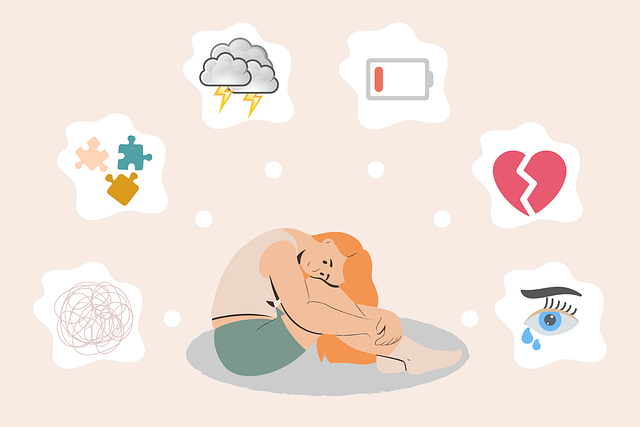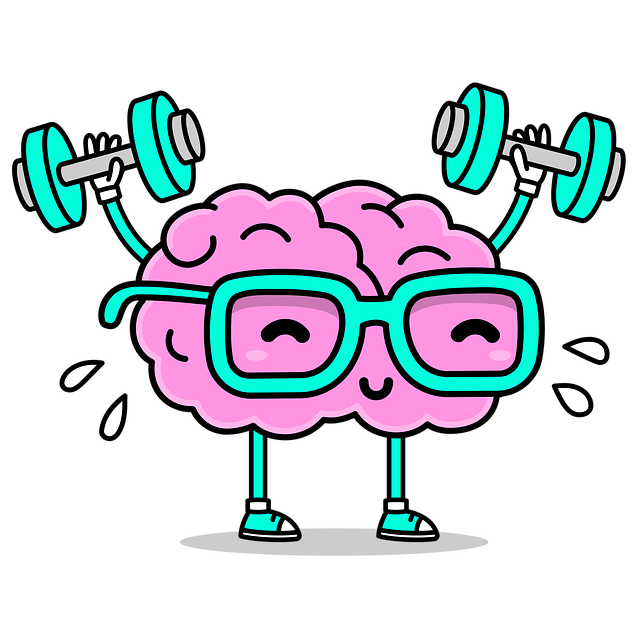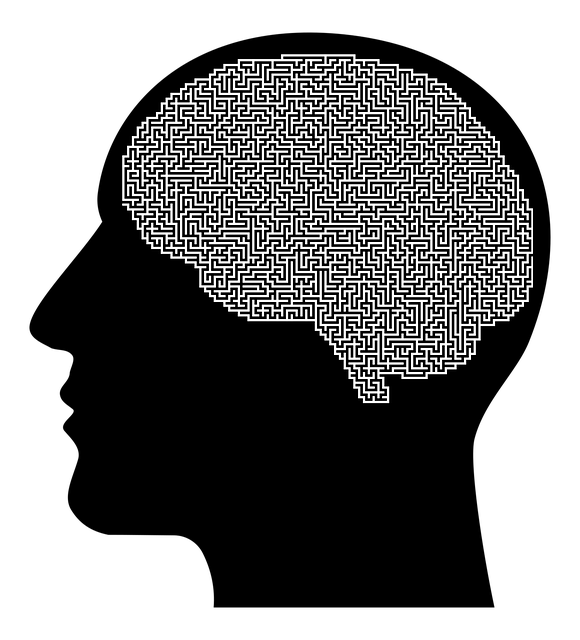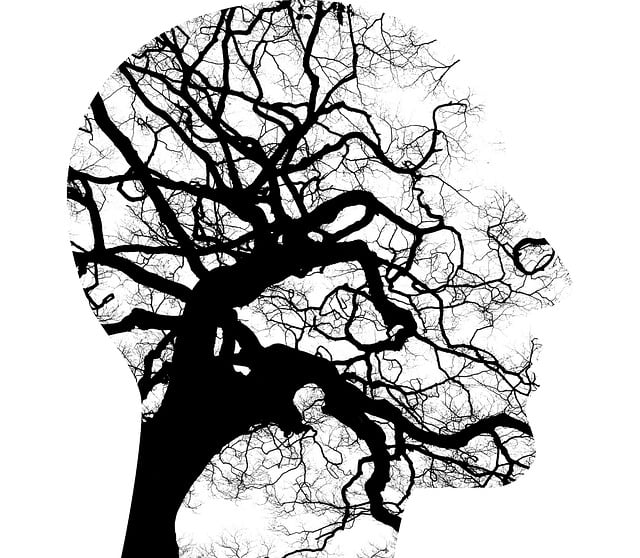Mindfulness meditation is a versatile therapy benefiting both adolescent teens (aged 13-19) and geriatrics (aged 65+), addressing mental health, emotional regulation, and overall well-being. For teens, it's an effective tool against anxiety, depression, and stress, fostering self-awareness and resilience; for seniors, it enhances cognitive function, reduces anxiety, and improves sleep. Tailoring mindfulness practices to individual needs can overcome challenges like concentration issues and skepticism, integrating it into existing therapy or mental health policies for better engagement and results.
“Unwind your mind, find inner peace – Mindfulness meditation is a practice that transcends ages. This comprehensive guide explores mindfulness’s power across different demographics: from calming adolescent teens navigating turbulent years to enhancing geriatric care. Discover how this ancient art can benefit various lifestyles and age groups. We delve into actionable techniques, offer tips for effective sessions, and provide solutions to common challenges. Embrace the tranquility and transform your mental well-being with our expert insights on mindfulness meditation.”
- Understanding Mindfulness Meditation for Different Ages
- Benefits of Mindfulness Practice for Adolescent Teens
- Incorporating Mindfulness into Geriatric Care
- Techniques and Tips for Effective Mindfulness Sessions
- Overcoming Common Challenges in Mindfulness Meditation
Understanding Mindfulness Meditation for Different Ages

Mindfulness meditation is a practice that can be tailored to suit individuals across all ages and backgrounds. For adolescent teens, it offers a tool to navigate hormonal changes, academic pressures, and social dynamics. By incorporating mindfulness into their daily routines, teens can learn to manage stress, improve focus, and enhance emotional regulation, which are essential skills for both personal growth and academic success.
When applied to geriatrics, mindfulness meditation becomes a therapy that supports mental and physical well-being as individuals age. It aids in reducing symptoms of anxiety and depression while promoting better sleep and cognitive function. Moreover, community outreach program implementations centered around mindfulness can foster social connections and combat issues like burnout among older adults. This practice’s versatility makes it a valuable asset for enhancing quality of life at every stage.
Benefits of Mindfulness Practice for Adolescent Teens

Mindfulness meditation offers a powerful tool for adolescent teens navigating the complexities of adolescence. Regular practice has been shown to significantly reduce symptoms of anxiety, depression, and stress—common challenges faced by this demographic. By cultivating present-moment awareness, teens can develop better emotional regulation skills, leading to improved mental resilience and overall well-being. This ancient practice also promotes self-awareness and empathy, enabling adolescents to understand and manage their emotions more effectively.
Moreover, integrating mindfulness into the lives of teenaged individuals can have lasting effects on their future mental health. Incorporating mindfulness techniques as part of their daily routine could prevent the onset of mental health disorders later in life. In light of the growing importance of mental health awareness, therapy for adolescent teens should increasingly include mindfulness practices. This holistic approach ensures that not only current but also future generations benefit from enhanced emotional intelligence and improved coping mechanisms, facilitated by mindfulness meditation.
Incorporating Mindfulness into Geriatric Care

Incorporating mindfulness into geriatric care offers a transformative approach to enhancing the quality of life for older adults, many of whom face unique challenges related to aging. As our population ages, integrating mindfulness practices into traditional geriatric therapy can be a game-changer. This ancient technique has been scientifically proven to improve mental wellness and overall well-being, particularly relevant in fostering inner strength among the elderly.
Mindfulness meditation is especially beneficial for adolescents and teens transitioning into adulthood, as it provides valuable tools for managing stress and anxiety. By incorporating communication strategies that encourage open dialogue about emotional experiences, geriatric care can become more holistic. This approach not only addresses physical health but also promotes social engagement and a sense of belonging, which are crucial aspects of mental wellness coaching programs. Through regular practice, elderly individuals can develop inner strength, enabling them to navigate life’s challenges with resilience and adaptability.
Techniques and Tips for Effective Mindfulness Sessions

Mindfulness meditation is a versatile practice that benefits individuals across various stages of life, from adolescents to geriatrics. For teenagers seeking therapy for mental health issues or those looking to reduce the stigma associated with mental illness, mindfulness offers a non-intrusive approach to emotional healing processes. By focusing on the present moment and cultivating awareness without judgment, teens can develop enhanced self-awareness and improve their ability to regulate emotions.
Incorporating mindfulness into daily routines can be incredibly beneficial for older adults as well. Geriatrics often face unique challenges, such as chronic pain or cognitive decline, and mindfulness meditation can serve as a powerful tool for coping. This practice promotes relaxation, reduces stress, and may even enhance memory and social skills through regular training. Whether in group settings or individual practices, mindfulness has the potential to transform lives, fostering a deeper connection with oneself and others.
Overcoming Common Challenges in Mindfulness Meditation

Mindfulness meditation, despite its immense benefits for mental wellness, can be challenging to maintain, especially for adolescent teens and geriatrics. Common obstacles include difficulty concentrating during practice, restlessness, and a tendency to get discouraged by initial struggles. For teenaged practitioners, distractions from schoolwork or social media can easily derail their sessions. Geriatrics may face physical challenges that make sitting still uncomfortable, while both age groups might question the practice’s effectiveness.
Overcoming these challenges often involves tailoring meditation practices to individual needs and preferences. Incorporating short, guided sessions throughout the day for adolescents, or allowing for movement-based meditations for seniors can boost engagement. Additionally, setting realistic expectations and integrating meditation into existing therapy for adolescent teens, or considering it as a complementary Mental Health Policy Analysis and Advocacy tool for geriatrics, can foster a more positive experience. Stress Reduction Methods are accessible to all age groups and can be particularly beneficial when challenges arise.
Mindfulness meditation, adaptable to all ages, from adolescents to the elderly, offers a powerful tool for enhancing mental well-being. As evidenced by its benefits in therapy for adolescent teens and geriatrics, incorporating mindfulness into daily routines can significantly reduce stress, improve focus, and foster emotional balance. By understanding the various techniques and overcoming common challenges, individuals of all ages can harness the transformative power of mindfulness to navigate life’s complexities with greater clarity and peace.













